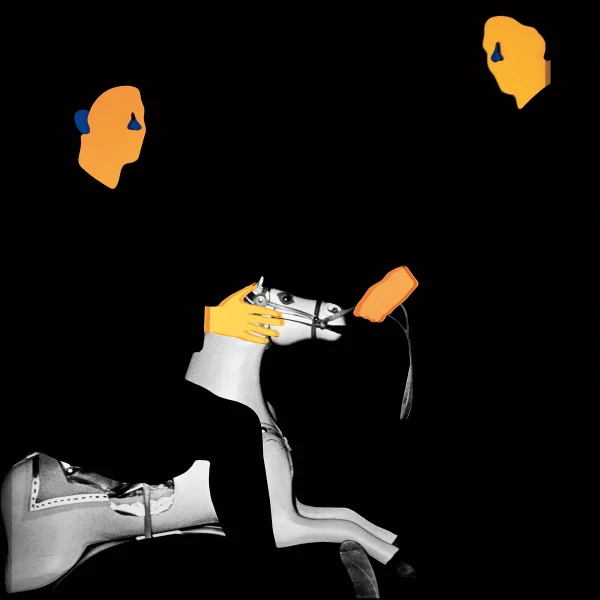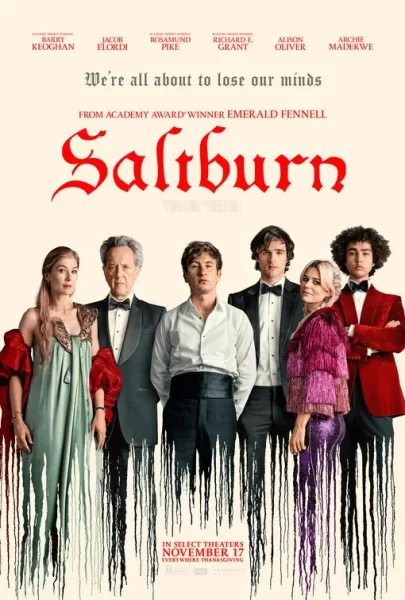Conservatorships Don’t End with Britney Spears
December 3, 2021
On Friday, November 12, Britney Spears’ conservatorship was ended after approximately 13 years, giving her the freedom to make her own medical, financial and personal decisions for the first time since 2008, according to Associated Press News’ article “Britney freed: Judge dissolves Spears’ conservatorship.” There’s no doubt that the end of Spears’ conservatorship is a historic event to be celebrated, but that doesn’t erase the fact that conservatorships are still an ongoing issue for many disabled people across America.
In simple terms, a conservatorship means a court is “taking away the civil liberties from one person and giving them to someone else,” said Zoe Brennan-Krohn, a staff attorney with the American Civil Liberties Union’s Disability Rights Project in “How Conservatorship Threatens Britney Spears’ Civil Rights.” Conservatorships allow a guardian to control many aspects of a person’s life: where they live, how they support themself, and even their financial and medical decisions. Despite the life-altering effects of conservatorships, they are routinely imposed on disabled people whom courts deem unable to take care of themselves. Once a person is put under a conservatorship, only a court can lift that conservatorship, which makes it much easier to get into conservatorships than out of conservatorships, according to Brennan-Krohn.
Regardless of the reasoning courts use to justify conservatorships, in the end they do more harm than good. Conservatorships strip basic civil rights and liberties from disabled people, and more often than not, they do so permanently. Conservatorships also don’t necessarily make people safer, and often result in financial, physical, or emotional abuse. There are plenty of alternatives to conservatorships which keep people safe without limiting the rights of disabled people, such as supported decision-making, according to Brennan-Krohn. Supported decision-making allows disabled people to choose supporters to help them make choices. Unlike conservatorships, supported decision-making allows disabled people to have the final say in their own life choices, as well as the ability to choose and change their supporters in order to better suit their needs, according to the American Civil Liberties Union’s “FAQs About Supported Decision-Making.”
Although conservatorships don’t seem to be going away anytime soon, the new publicity they have gained through the #FreeBritney movement is an important first step to addressing the problems of conservatorships.
“Hopefully my story will make an impact and make some changes in the corrupt system,” Spears said in a video posted to her Twitter on November 16.










